Home, it's the most emotive word in the Irish vocabulary
It used to mean something settled and fixed, a place of permanence in a changing world. That's all over now.
Now we live in an age where the prospect (for most young people) of owning a home is as lost as Atlantis.
Read More: Exploding rents, homelessness, will we be tenants in our own country again
For the last 30 or so years now each successive Irish government has sidelined and undersupplied social housing, preferring to rely on the private market instead.
Along the way, housing stopped being seen primarily as a public good and instead became a financial commodity.
Looking for Irish book recommendations or to meet with others who share your love for Irish literature and writers? Be sure to join the IrishCentral Book Club here and enjoy our book-loving community.
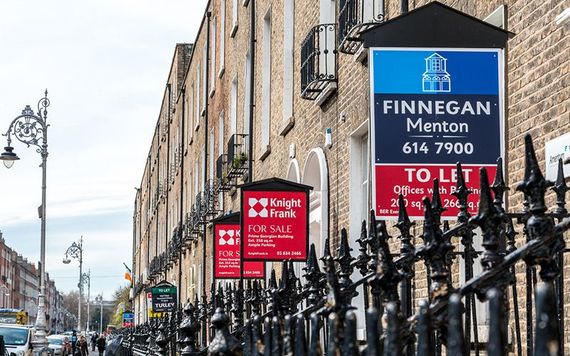
And as the government's attitude to property changed, so has Ireland. Dublin started morphing into a little borough of Manhattan, attracting overseas investors and vulture funds with deeper pockets than young Irish couples can ever hope to compete with.
So now we are in the midst of an entirely foreseeable and never-ending housing crisis, with record-breaking numbers of Irish citizens living in emergency accommodation and a government response that has ranged from the scolding (get up earlier, yobs) to the completely out of touch (why not try tenement living, as they used to 100 years ago in the good old Dublin slums).
What we clearly do not have is an ambitious government plan to tackle the housing crisis or an acknowledgment that the sainted markets have not provided the solutions the country needs, argues Sinn Féin TD Eoin Ó Broin.
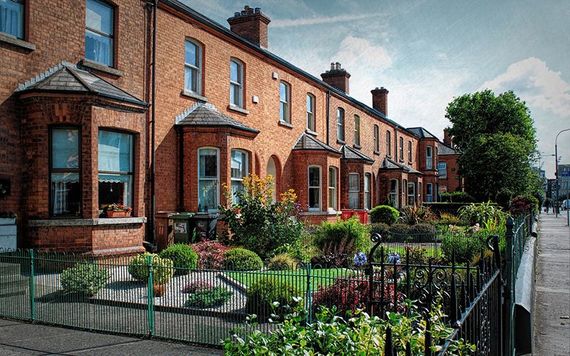
In "Home, Why Public Housing Is The Answer," Ó Broin does something that Ireland has needed for two and a half decades, he carefully examines all the structural causes of our housing crisis, providing a detailed critique of our government housing policy from the 1980s onwards, and then he offers a practical – and yes, radical – alternative to address the needs of the many, not just the fortunate few.
His first question is the most provocative: what is a home? How you answer that depends on where you stand, or on how much you stand to make.
Is it a place of shelter, a place to live, or is it a place to bolster your bank balance, a place to profit from? If it's all cash and no community, it's no wonder our housing landscape looks as broken as it does now.
Ó Broin quotes the democratic program of the first Dáil in 1919, all the aims and ambitions they would more or less instantly fall short of. But they were the foundational promises of the emerging Irish Republic and 100 years later they are as challenging now as when they were written.
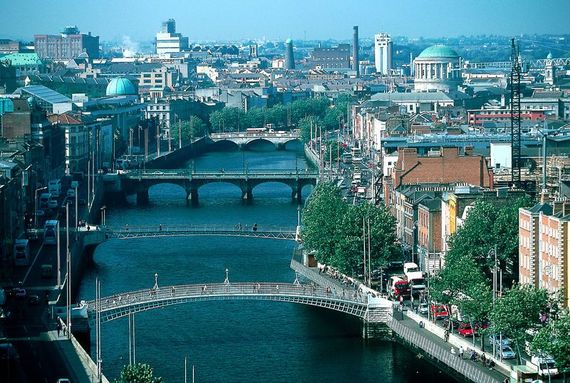
Read More: The Irish housing crisis threatens everything we claim to stand for
The problem with the Irish housing market is that the system is rigged, Ó Broin argues. Property has become a one-way bet, with prices rising faster than incomes and rents. This results in always a building boom and simultaneously a shortage of affordable places to live.
Ireland is now second only to Canada in the developed world when it comes to house prices that have risen faster than incomes, Paul Mason writes in the book's preface. So how do you get off these swings and roundabouts?
The only thing that can break this boom and bust cycle is for the state to take political action, by separating the market for housing from the market for financial assets. They could also place limits on foreign buyers, they could take the part of Irish families over the markets, or at least level the playing field in their favor.
Rents could be capped instead of unfettered. That limits the power of the financial investors and gives ordinary folks a chance. Of course, landlords will say that's impossible, that it never works – but New York can counter that argument with their own decades-long experience.
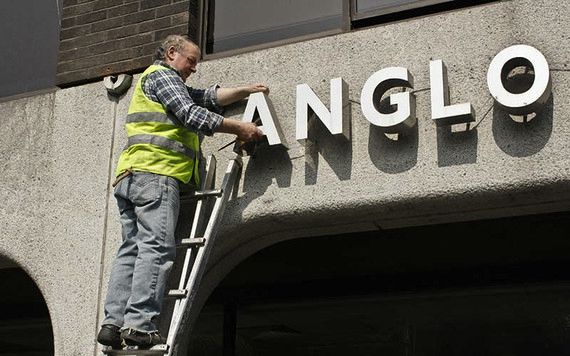
Read More: “Sleeping Flags” highlights issues of homeless Irish veterans
Other approaches include enforcing quotas of affordable homes for buying and renting in every new development, with measures in place to prevent widespread backtracking on commitments once the planning permission is granted.
But Ó Broin insists the most effective and important step of all will be for the Irish government itself to build homes for social rent. He means plan them, build them, own them, hold on to them and manage their allocation according to the most pressing need. Imagine the good that could do for the country.
In his book, Ó Broin explores the history of social housing in Ireland and identifies when the Irish government effectively walked away. Now he argues that housing needs to be viewed as a human rights issue.
Understanding the structural causes of the crisis is the first step, the better to enact policies, investment strategies, and regulations that can reduce the desperate need, to build a system (and a country) that works for the many, not the few.
Merrion Press, €14.95 ($16.65).
Looking for Irish book recommendations or to meet with others who share your love for Irish literature and writers? Be sure to join the IrishCentral Book Club here and enjoy our book-loving community.
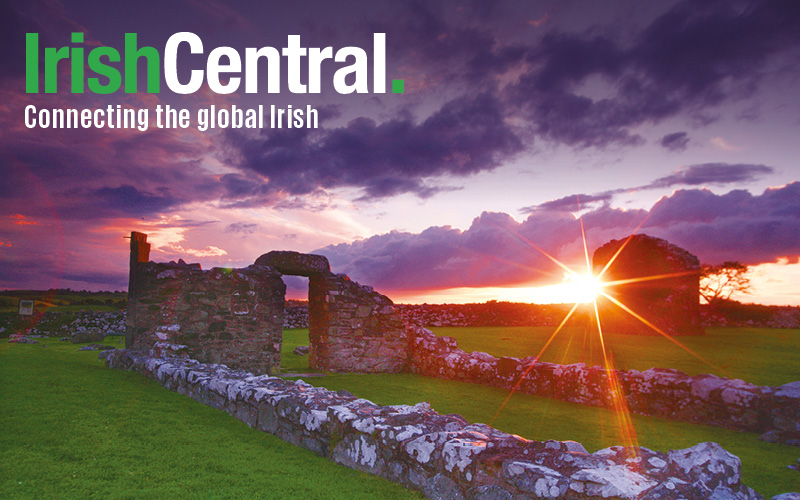



Comments